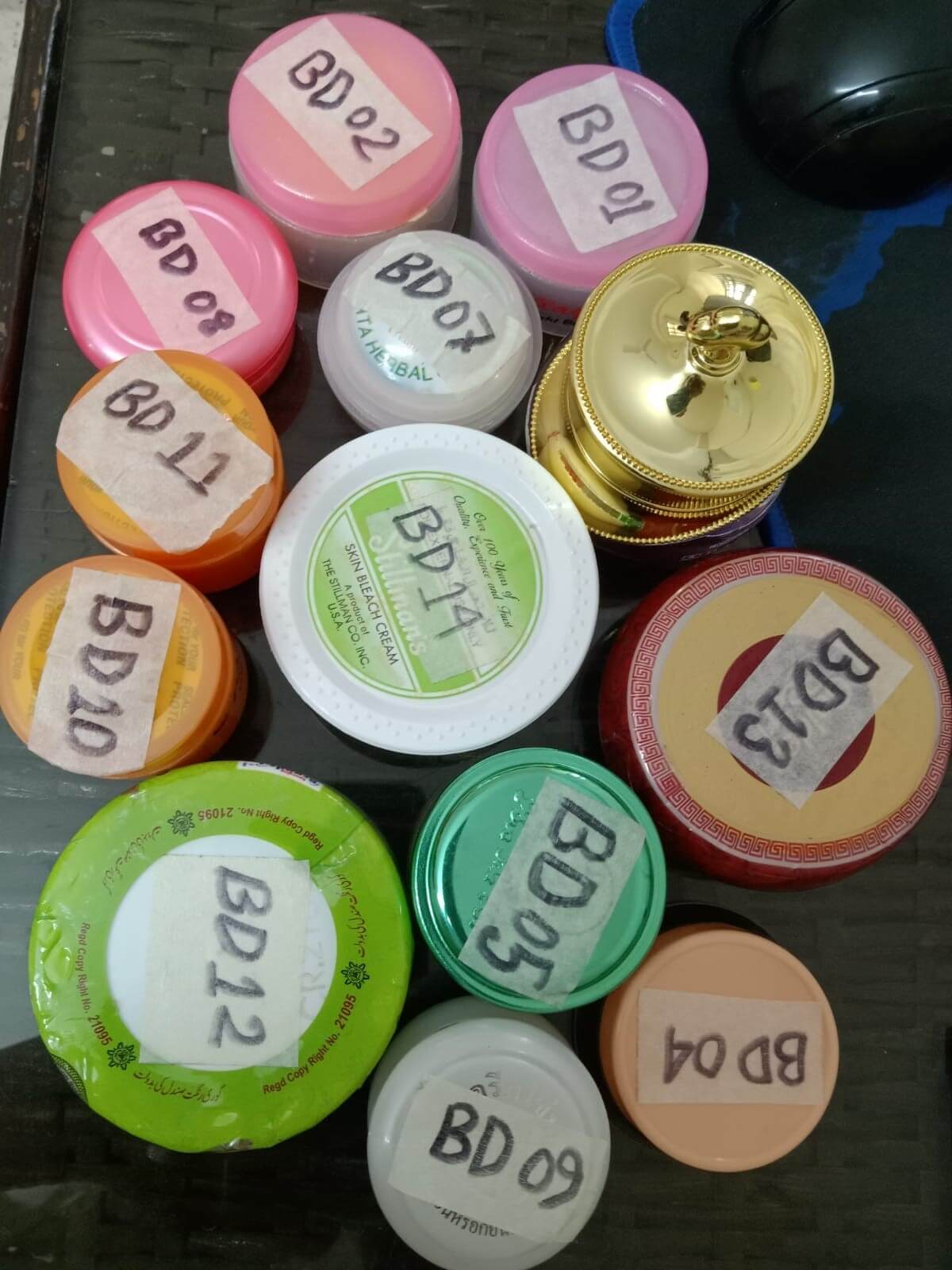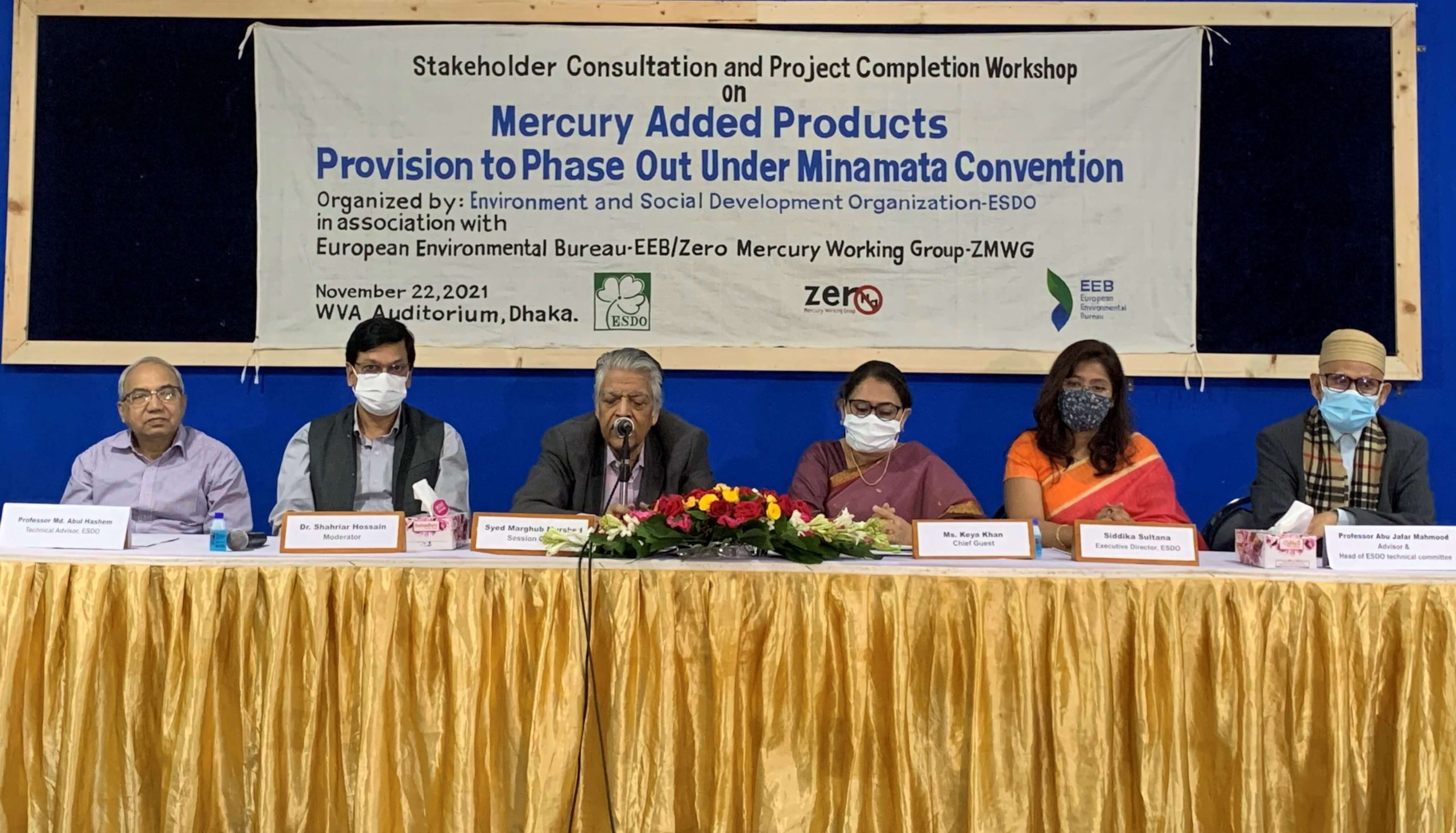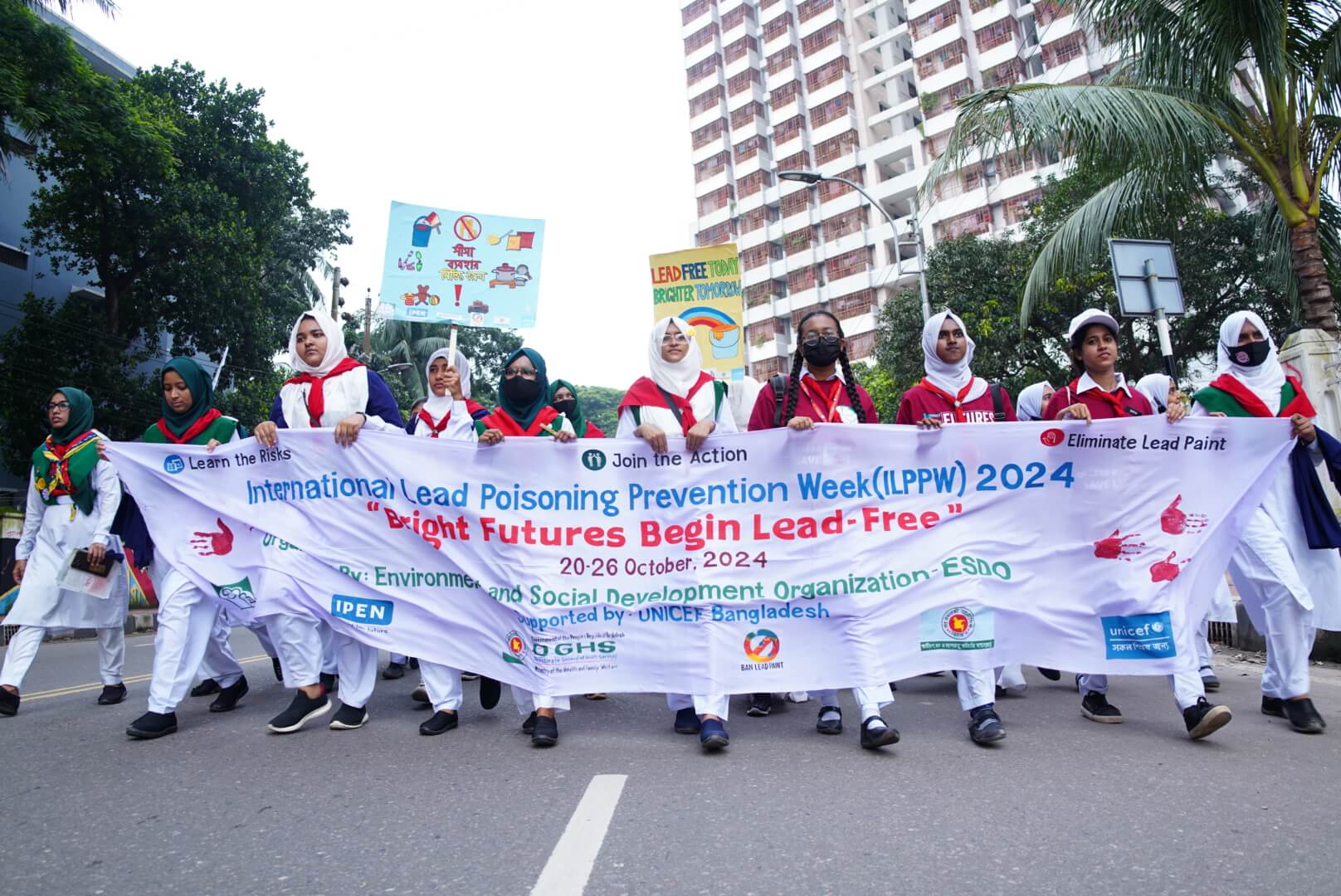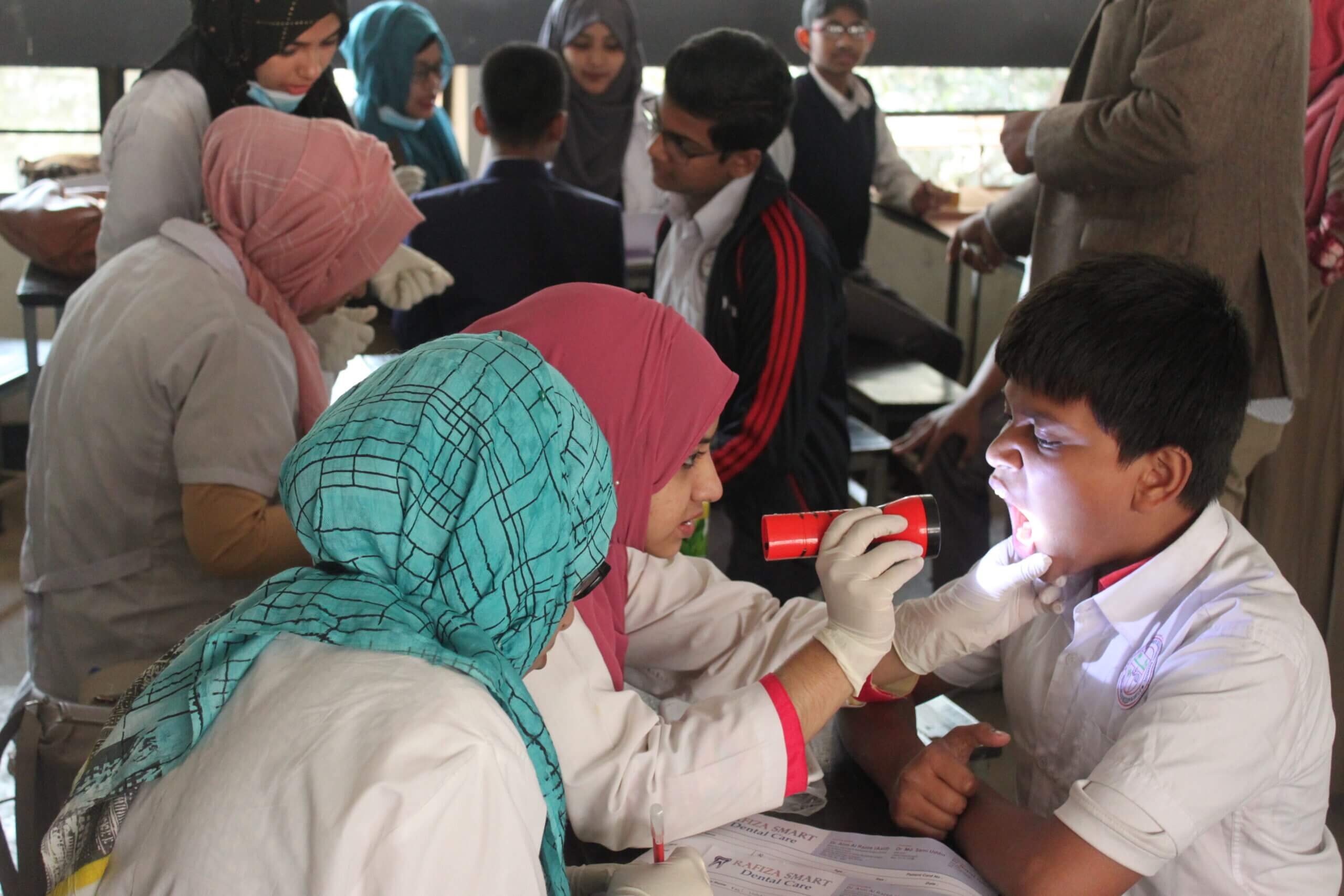
Phasing-out Mercury from Skin-lightening Cream
Project Description: The Environment and Social Development Organization (ESDO) has been actively working to phase out mercury from skin-lightening creams in Bangladesh, aligning with the Minamata Convention on Mercury, which the country ratified on April 18, 2023. Despite regulatory efforts, mercury-laden skin-lightening products remain widely available in both physical markets and online platforms, posing severe health and environmental risks. ESDO’s 2023 comparative study found that many creams exceeded the WHOβs safe mercury limit of 1 ppm, with concentrations ranging from 16,000 ppm in 2017 to a peak of 131,567 ppm in 2019. These products, mainly imported from Pakistan, Thailand, and China, continue to be sold openly despite the Bangladesh Standards and Testing Institution (BSTI) banning 17 high-mercury creams in 2019.
The widespread use of these toxic products is driven by societal beauty standards favoring lighter skin, especially among women and young girls. High-mercury brands such as Goree, Due, Chadni, Parley Herbal, New Face Whitening Cream, Papaya, and Noor Herbal Beauty Cream remain popular, often found on online platforms like Daraz and Kablewala, despite prior takedown requests. Many creams also contain steroids and hydroquinone, compounding their harmful effects on skin and internal organs. Prolonged use can cause skin discoloration, rashes, kidney damage, immune system suppression, and neurological disorders, with pregnant women and their unborn children particularly at risk. Mercury vapors from these products can contaminate homes, endangering family members, including children.
To combat this issue, BSTI, the Ministry of Environment (MoEFCC), and the National Board of Revenue (NBR) are working to strengthen border controls, monitor imports, and enforce bans more effectively. However, weak enforcement and high consumer demand remain challenges. The Consumer Rights Protection Act (2009) provides legal grounds to prohibit hazardous products, yet illegal sales persist, especially through unregulated markets and online platforms. As a Basel Convention signatory, Bangladesh is obligated to regulate the transboundary movement of mercury products, yet illegal imports continue due to lack of oversight.
To address this, stricter law enforcement, online platform monitoring, and border control measures are essential. Additionally, public awareness campaigns are needed to educate consumers about the severe health risks associated with mercury exposure. Encouraging alternative skincare solutions and promoting self-acceptance over skin-lightening culture can also help reduce demand. While progress has been made in policy and advocacy, the continued availability of mercury-added creams highlights the urgent need for stronger implementation, public engagement, and international cooperation to eliminate mercury in cosmetics entirely.



